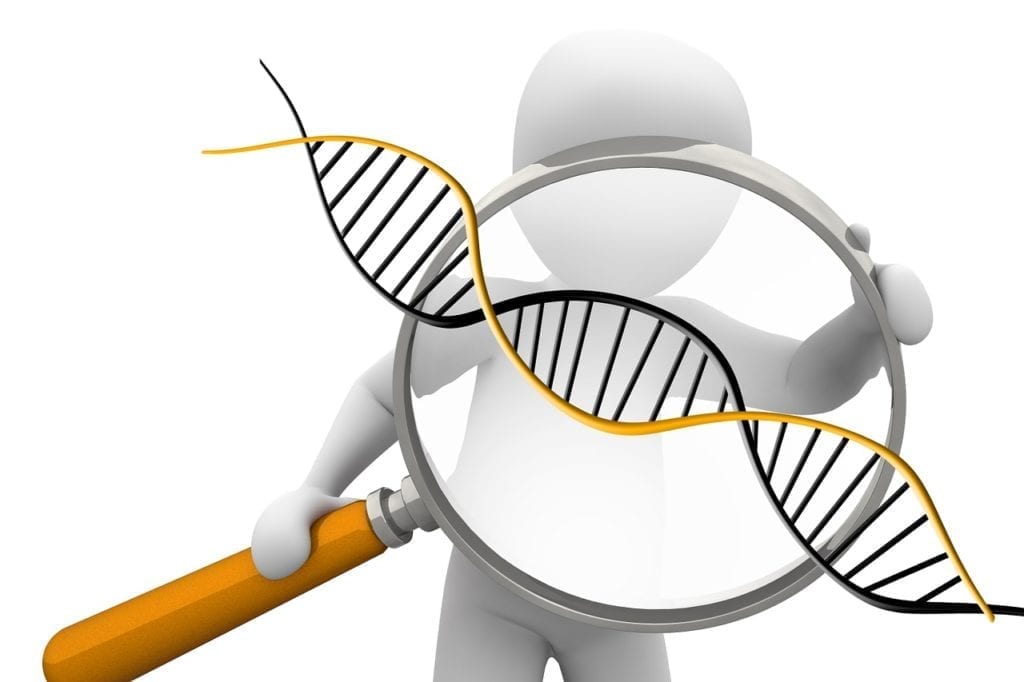A recent article by NBC News is highlighting a growing concern among parents and professionals alike over the effectiveness of newborn genetic screening.
There is a certain place between knowing and not knowing that is worse than either. Knowing a text was delivered to no response, however, is a lot different than the life-or-death limbo some parents say they feel after submitting their newborns for genetic screening.
The practice has been in place for some time now for conditions that can severely impact the well-being of a newborn, like spinal muscular atrophy. Dr. Wendy Chung at Columbia University participated in a study that helped screen and identify infants with spinal muscular atrophy, which can be deadly if left untreated. The study has led to widespread adoption of tests designed to catch the disorder early, when it is most treatable. “… Absolutely their lives were saved,” by the screening, Dr. Chung said.
Too Much of a Good Thing?
Despite the usefulness of genetic screening to identify serious conditions in newborns, many physicians are concerned that an unfocused strategy may ultimately cause more concern than is necessary.
At such a young age (at any age, really), the human body is kind of like one of those pictures that looks more messed up and distorted the longer you look at it. An oversimplification to be sure, but the point remains that at infancy, most biological markers scientists use to diagnose various conditions are too uncertain to yield definitive diagnoses. In other words, every time doctors see something “wrong” on a genetic screening, it could mean any of a hundred possible things – including nothing at all.
A child having a gene mutation that increases the risk of breast and ovarian cancer, for example, is no guarantee that they will get the disease. But for a parent, hearing “increased risk of breast and ovarian cancer” at infancy could generate years or decades of worry without any additional testing.
Doctors aren’t themselves immune from the bug of over-screening. Dr. Robert Green, a professor of medicine at Harvard Medical School, noted that excessive screening might open newborns up to more opportunities for needless medical intervention.
Moderation Seems to be Key
Early screenings shouldn’t be avoided – they can be literal lifesavers in some cases. However, it does seem that some kind of consensus must be reached in the medical community as to what is acceptable use of these powerful tests.
It seems so far that their most accurate and least anxiety-producing uses lie in identifying conditions that can seriously affect the child’s development in the immediate future. These are the conditions physicians can give the most corroborating information about, and are generally the most actionable.
Screenings for long-term conditions, such as genetic predisposition to heart attack or stroke, might be rocks better left unturned – or at the very least taken with a grain of salt. In cases like that, the anxiety caused by such a “half-diagnosis” can cause more damage than the particular genetic mutation ever would.
In the near future, scientists expect to continue to feel out this soft barrier between bedside manner and medical responsibility. Knowing what to diagnose is only half the job now – physicians must be equally skilled in knowing what not to diagnose.
Do you think the rapid pace at which medical technology progresses can create problems while trying to solve others? Share your thoughts with Patient Worthy!






